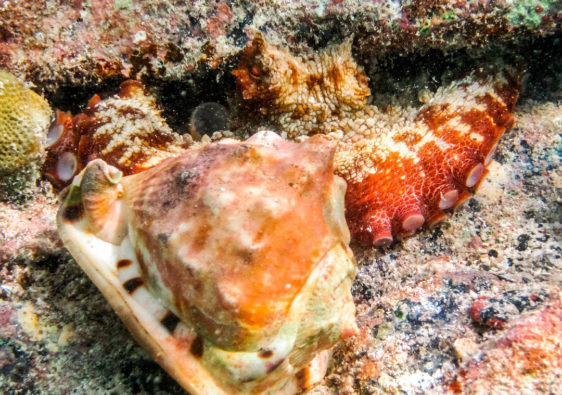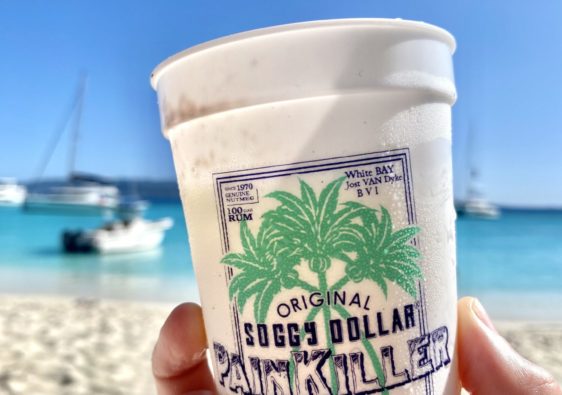What is Ecotourism?
Ecotourism is a type of sustainable tourism that focuses on exploring natural environments and promoting conservation efforts. It involves responsible travel to areas that conserve the environment, supports local communities’ well-being, and provide visitors with educational experiences.
Why is Ecotourism Important to the USVI?
The US Virgin Islands is a popular destination for ecotourism due to its pristine natural beauty, diverse ecosystems, and rich cultural heritage. The islands boast a range of activities for nature enthusiasts, including hiking, snorkeling, and kayaking, as well as opportunities to learn about the islands’ unique history and culture.
Ecotourism is essential to the US Virgin Islands for several reasons.
- It provides economic benefits to local communities, particularly in rural areas, by promoting sustainable development and creating jobs.
- Ecotourism helps to preserve the natural environment and protect wildlife habitats, which is essential for the islands’ long-term sustainability.
- It promotes education and awareness about environmental issues, helping to foster a culture of conservation and responsible tourism.

Ecotourism in the US Virgin Islands
The US Virgin Islands offer many ecotourism activities for visitors to explore and appreciate the islands’ natural beauty and cultural heritage. Here is a quick roundup:
- Hiking and Nature Trails: The US Virgin Islands offer several hiking trails that traverse through rainforests, hills, and coastlines. The Virgin Islands National Park on St. John Island has over 20 trails of varying difficulty levels, offering stunning views of the island’s beaches, coves, and historic sites.
- Snorkeling and Scuba Diving: The clear waters of the Caribbean Sea surrounding the US Virgin Islands are home to an incredible variety of marine life, including colorful coral reefs, tropical fish, sea turtles, and dolphins. Visitors can explore these underwater worlds through snorkeling and scuba diving tours on all three main islands – St. Thomas, St. John, and St. Croix.
- Kayaking and Paddle Boarding: Another popular ecotourism activity is kayaking or paddleboarding, which allows visitors to explore the islands’ coastlines, bays, and mangrove forests at their own pace. Several companies offer guided tours that take visitors through the pristine waters of the US Virgin Islands.
- Cultural Tours: The US Virgin Islands have a rich cultural heritage that visitors can learn about through various tours and experiences. The islands have several historic sites, such as the 17th-century Fort Christian in St. Thomas, and the ruins of the 18th-century Annaberg Sugar Plantation on St. John. Visitors can also take cultural tours that explore the islands’ local cuisine, music, and festivals.
- Wildlife Tours: The US Virgin Islands have several protected areas, including national parks and wildlife refuges. Visitors can take wildlife tours to explore these areas and see native species, such as the endangered Leatherback sea turtles, the red-footed booby bird, and the Antillean iguana.
These activities give visitors a unique opportunity to experience the islands’ natural beauty and cultural heritage while promoting sustainability and conservation efforts.

How to Respect the Environment While I Visit the USVI
Respecting the environment while traveling in the US Virgin Islands is essential to preserve the islands’ natural beauty and cultural heritage for future generations. Quick tips on how to be a responsible traveler and reduce your impact on the environment:
- Practice “Leave No Trace”
- This means taking all your trash with you and not leaving any waste behind. Be sure to pack out everything you pack in, including food waste, and dispose of it properly in designated bins.
- Respect Wildlife
- Do not feed or disturb the animals, and keep a safe distance from them to avoid causing any harm. Remember that the US Virgin Islands are home to several endangered species, and disturbing their natural habitat can have severe consequences. You will see signs advising against feeding the donkeys and goats. Also, please don’t touch the sea turtles.
- Use Sustainable Transportation
- Consider using sustainable transportation options such as walking, biking, or taking public transportation. If renting a car, opt for a fuel-efficient model and avoid driving off-road or on protected areas.
- Conserve Water
- The US Virgin Islands rely heavily on rainwater for their water supply, so conserving water is essential. Take shorter showers, turn off the tap when brushing your teeth, and reuse towels and linens to reduce water usage.
- Choose Sustainable Activities
- Opt for eco-friendly tours and activities that support local businesses and promote sustainable practices. Look for tours and operators that prioritize environmental conservation and cultural preservation.
- Be Mindful of Energy Usage
- Be mindful of energy usage and reduce your consumption. Turn off lights and air conditioning when leaving your hotel room and unplug any electronics that are not in use.
- Use Reusable Cups and Eco-Friendly Straws
- Consider using reusable cups and eco-friendly straws during your stay in the US Virgin Islands. Many island restaurants and cafes offer eco-friendly options, such as biodegradable or reusable cups and straws, to reduce single-use plastic waste. By bringing your reusable cup and straw, you can help reduce the amount of plastic waste generated during your trip. Additionally, you can support local businesses that prioritize sustainability by choosing to visit eco-friendly establishments.
By following these tips, you can help protect the US Virgin Islands’ environment and support sustainable tourism practices.




